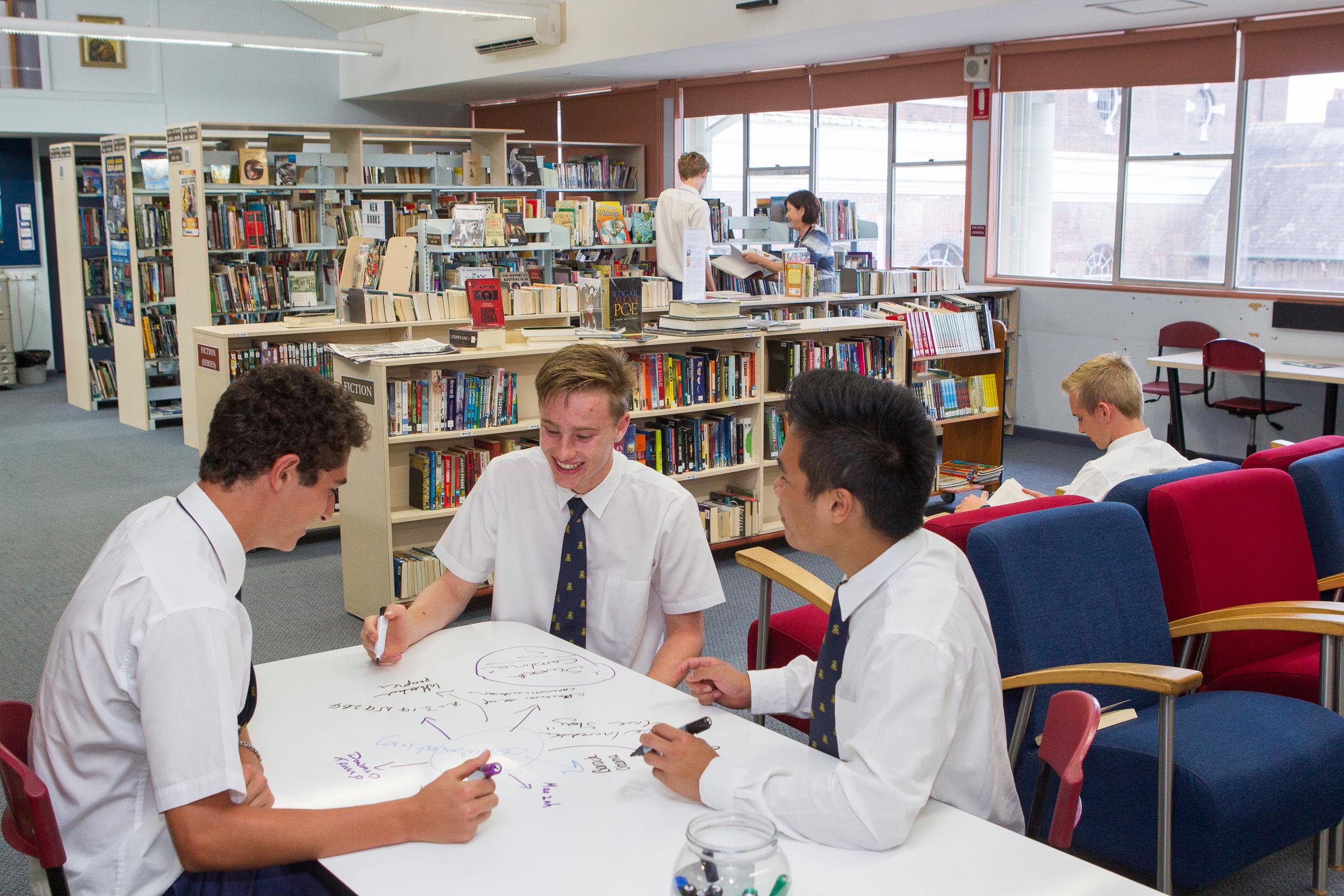Teaching & Learning Matters

Stronger HSC Standards
Recently, the NSW Education Standards Authority (NESA , formerly known as BOSTES) announced a range of changes to the HSC. Further information can obtained from:
http://educationstandards.nsw.edu.au/wps/portal/nesa/about/initiatives/stronger-hsc-standards
These changes will have implications for our current Year 9 and Year 10 students. Yesterday I met with Year 10 and very soon I will also be meeting with Year 9 students as well as writing to their parents to explain the implications of these changes.
Overall, what these changes generate is a shift away from the way many parents and students perceive learning. It will necessitate many students to be more responsive and responsible in their learning and not rely on the teacher spoon feeding information. It is a shift from information to critical thinking and creativity.
One of the major changes involves school based assessment and the requirement that in Year 11, there will only be a maximum of three assessment tasks for each subject and a maximum of four in Year 12 including the Trial examinations. There must also be a range of assessment tasks and only one examination style assessment is to be undertaken during the assessment year for each course.
It is very affirming that the work the teachers have been undertaking to develop our Learning Statement perfectly aligns with this new and explicit direction in learning that NESA has taken.
During future Parent Information Evenings, I will be taking the opportunity to further explain these changes.
I have included below an article I wrote in Woodchatta a few years ago that provides an insight into the changes made by NESA. Keep in mind, in 2019 the HSC will be vastly different to what it is today. It is fortunate that we are well on the way to addressing these changes.
WHAT IS THE ANSWER OR WHAT DO YOU THINK?
(Article taken from Woodchatta - 10 September 2014)
Recently the College has decided that from 2015 there will no longer be Mid Year Examinations for Years 5 to 9. This may seem a simple decision yet it is a fundamental step in transitioning from an Industrial model of teaching to a Post Industrial approach to learning. This is a challenge for most schools.
The Industrial model of education was developed in an era that prepared students for employment in an industrial workforce. Testing was the fundamental method to assess if students had achieved the required skills. It is a system that was dependent on memorisation and students were assessed on their ability to recall key facts and concepts. These are still valuable learning tools but are they the best methods to encourage critical thinking?
During the Industrial era, life was divided into stages: School, work and retirement. The often heard statement,' I didn't learn that at school' promotes this view. We now value the idea of 'lifelong' learning and this is critical in the new technological era because if we limit our knowledge to what we learnt at school we will soon become obsolete.
In the Industrial Model of Education, students are asked, 'What is the answer'? This emphasises discipline and 'learning to the test'. Even today, we hear our students ask, 'will this be in the exam? In Post Industrial, we ask, "what do you think"? It encourages 'character' and a love for learning. If we can engender in our students a love for learning we are on the way to developing them as lifelong learners and ensuring they keep pace in a rapidly changing world.
Moving away from examinations in the Junior years provides more opportunity to be able to ask our students what they think. It aligns with the EREA Touchstone, ‘Liberating Education' where we open hearts and minds through critical reflection and engagement.
However, in NSW we are still faced with the responsibility for preparing our students to sit the HSC examinations. A question is, how early should we start? If we start too early are we maintaining the Industrial model of education and limiting our educational endeavours? We need a balanced approach.
The Australian curriculum promotes this shift to Post Industrial Education and this will gain further momentum as new courses are implemented across all stages.
At the dinner table ask your son, “what do you think"?
Mr A Damo - Assistant Principal Teaching & Learning

